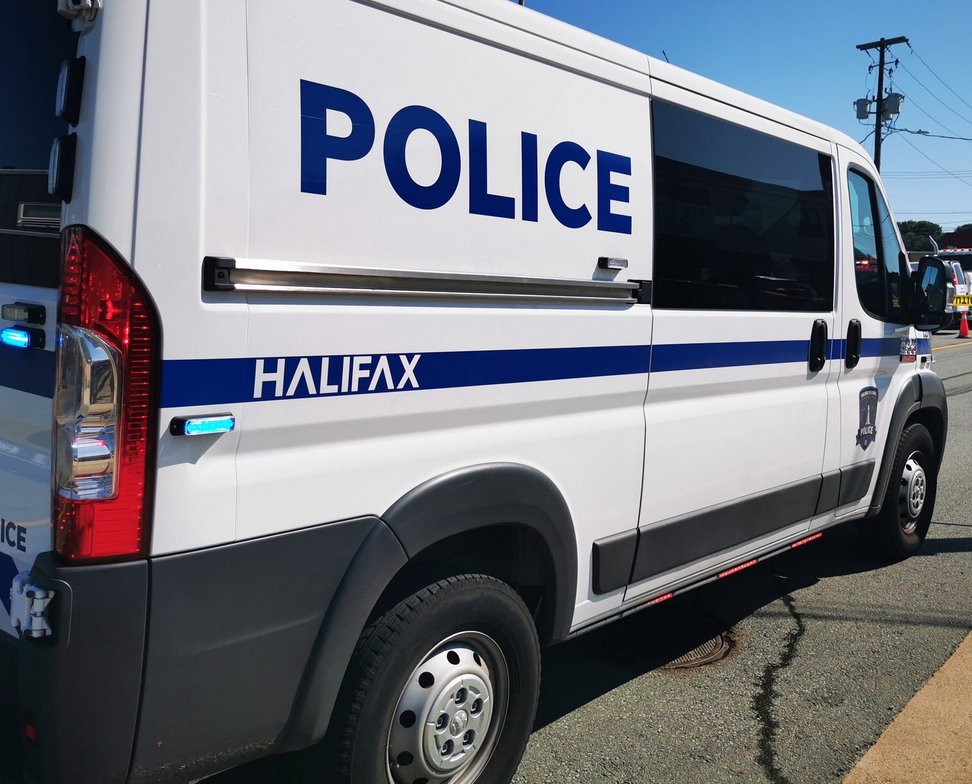Halifax has a small reason to celebrate on Friday, as the municipal police force announced officers had not issued a single ticket for violating the province’s COVID-19 restrictions since their last update Monday.

However, as a result of delays in data entry, the number of tickets has actually gone up.
On Monday, the Halifax Regional Police (HRP) reported issuing 159 tickets.
READ MORE: Nova Scotia reports 2 more deaths at Northwood, just 1 new case across province
But after retallying their totals, HRP say they’ve actually issued 183 tickets since the province declared a state of emergency on March 22.
Tickets are issued under Nova Scotia’s health protection and emergency management laws.
In a press release, Halifax police thanked the public for their “efforts in complying with the regulations this week.”
Halifax police say the majority of the 183 tickets are related to being in prohibited areas under the Emergency Management Act.

Get daily National news
Fines under the two acts range from $697.50 to $1,000.
HRP have responded to a total of 1,544 COVID-19-related calls since the state of emergency was declared.
Questions about COVID-19? Here are some things you need to know:
Health officials caution against all international travel. Returning travellers are legally obligated to self-isolate for 14 days, beginning March 26, in case they develop symptoms and to prevent spreading the virus to others. Some provinces and territories have also implemented additional recommendations or enforcement measures to ensure those returning to the area self-isolate.
Symptoms can include fever, cough and difficulty breathing — very similar to a cold or flu. Some people can develop a more severe illness. People most at risk of this include older adults and people with severe chronic medical conditions like heart, lung or kidney disease. If you develop symptoms, contact public health authorities.
To prevent the virus from spreading, experts recommend frequent handwashing and coughing into your sleeve. They also recommend minimizing contact with others, staying home as much as possible and maintaining a distance of two metres from other people if you go out.
For full COVID-19 coverage from Global News, click here.







Comments